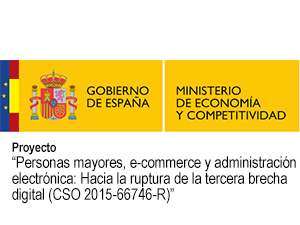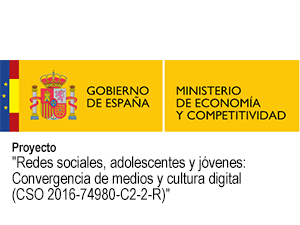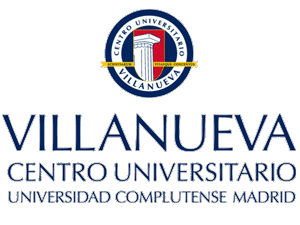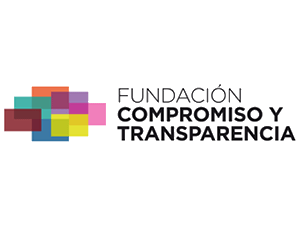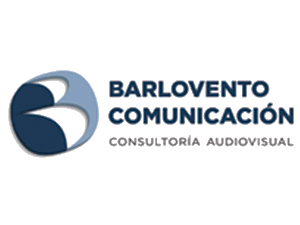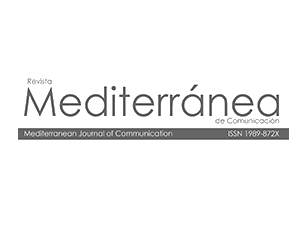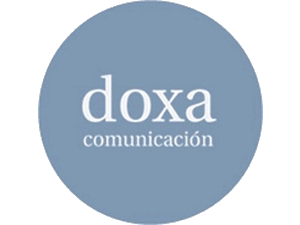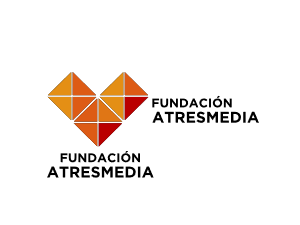Resumen
Los niños y niñas están creciendo en un sistema de convergencia digital, rodeados de diferentes oportunidades para la socialización, el conocimiento, la creatividad y la participación mediante las TIC. Además de las oportunidades que ofrece internet, también pueden experimentar riesgos y, en algunas ocasiones, un amplio espectro de daños, desde ser víctimas de episodios de ciberbullying hasta comprobar cómo sus datos son empleados de modo inadecuado. La naturaleza de la relación entre los riesgos online y las oportunidades para la infancia y la adolescencia ha sido largamente analizada en diferentes contextos (Livingstone et al, 2011; Sonck et de Hann, 2013).
Con la proliferación de los dispositivos móviles (smartphones y tabletas), los adolescentes adoptan internet como una forma de interactuar con sus iguales y desde edades progresivamente más tempranas desarrollan actividades variadas como la mensajería instantánea, el visionado de videos, la escucha de música, las tareas escolares, la búsqueda de información o la participación en redes sociales. De manera simultánea, el discurso popular sobre las habilidades “naturales” de los “nativos digitales”, según fueron definidos por Mark Prensky, parece haber calado tanto entre los mayores como entre los jóvenes: pese a la falta de precisión de esa definición, hoy demostrada, de modo popular está aceptado que la relación entre los adolescentes y la tecnología es fluida y natural.
Nuestro trabajo parte de los resultados de una encuesta realizada a 500 niños españoles de 9 a 16 años sobre su uso de internet y dispositivos móviles, sus experiencias de riesgo online y también su percepción sobre sus propias habilidades digitales. De modo sorprendente, hay ciertas habilidades básicas relativas a la seguridad en internet, como bloquear contenidos no deseados o evitar el spam, borrar el registro de visitas, cambiar la configuración de privacidad en redes sociales o bloquear mensajes, que no están suficientemente desarrollados entre los denominados nativos digitales. Del mismo modo, los adolescentes parecen tener más confianza respecto a sus conocimientos sobre internet que sobre su uso del móvil, sin considerar a sus padres, ni al mundo adulto en general, como fuentes relevantes de conocimiento en esta área.
Nuestra propuesta expone las paradojas relacionadas con un lugar común socialmente asentado, que empodera a los internautas más jóvenes como dotados de manera natural para la actividad en internet, cuando ellos mismos reconocen de manera parcial una falta de conocimiento sobre rutinas de seguridad online, y la evidencia es que no están tan naturalmente dotados como en ocasiones se da por hecho. En paralelo, se expone la relación existente entre el nivel de estudios de los padres como marcador socioeconómico y las habilidades digitales de los niños y niñas, su exposición a los riesgos y su vulnerabilidad en el entorno online.
Referencias:
Garmendia, M. et al. (2017). Net Children Go Mobile. Risks and opportunities on Internet and the use of mobile devices amongst Spanish children (2010-2015). Bilbao
Ling, R. & Bertel, T. (2013). Mobile communication culture among children and adolescents. In D. Lemish (ed.) The Routledge Internation handbook of children, adolescents and media (127-133). London: Routledge
Livingstone, S. et al. (2011). Risks and safety on the internet: The perspective of Euroepan children. Full findings. London: LSE. EU Kids Online
Sonck, N. & de Haenens, L. (2013). How the internet skills of European 11 to 16-years-odls mediate between online risk and harm. Journal of Children and Media, 7 (1), 79-95
Palabras Clave / adolescencia / habilidades digitales / infancia / Internet / riesgos online
Abstract
Children are growing up in a system of media convergence, surrounded by different opportunites for socialization, learning, creativity and participation through online mobile media. In addition to the opportunities offered by the Internet, they can also experience risks, and eventually, suffer a wide range of harms, from being victims of cyberbullying episodes to suffer the misuse of private information. The nature of the relationship between online risks and opportunities for children has been largely studied in different contexts (Livingstone et al, 2011; Sonck et de Hann, 2013).
Since the proliferation of mobile devices (smartphones and tablets), teenagers have intensively adopted internet as a way to interact with peers and society at an increasingly early age for a various activities like instant messaging, watching videos, listening to music, school task, searching for information or visiting social media. Simultaneously, a popular discourse about the “natural” online abilities between the “digital natives” as they were defined by Mark Prensky, seems to have seeped through both adult and young generations. Although the imprecision of that definition has been demonstrated, nowadays is popularly accepted the friendly nature of the relation between teenagers and technology.
Our study will focus on the results from a survey conducted with 500 Spanish children aged between 9 and 16 who use Internet and mobile devices, and their father or mother. Parents were asked about their children’s use of the internet and mobile devices and their mediation strategies, and children were asked about their online activities, risk experiences, and also about their perception of their own digital skills. Surprisingly, there are various basic skills related to the internet safety, such as blocking unwanted ads or junk mail, deleting the record of visits, changing privacy settings on SNS o blocking messages from someone they don’t want to hear from, which are not enough mastered by the so-called digital natives. Equally, teenagers seem to be more confident about their abilities on the internet than on their knowledge on mobiles. In any case, they do not consider their parents, not even the adult world in general, as a relevant source of knowledge on the area.
This work studies the paradoxes related to a popularly accepted statement, which turns to empower the younger internet users as naturally skilled, when they partially recognized a lack of knowledge on online safety related particularly to mobile phones, and when the evidence is that they are not so naturally skilled as it could be supposed.
References:
Garmendia, M. et al. (2017). Net Children Go Mobile. Risks and opportunities on Internet and the use of mobile devices amongst Spanish children (2010-2015). Bilbao.
Ling, R. & Bertel, T. (2013). Mobile communication culture among children and adolescents. In D. Lemish (ed.) The Routledge Internation handbook of children, adolescents and media (127-133). London: Routledge.
Livingstone, S. et al. (2011). Risks and safety on the internet: The perspective of Euroepan children. Full findings. London: LSE. EU Kids Online
Sonck, N. & de Haenens, L. (2013). How the internet skills of European 11 to 16-years-odls mediate between online risk and harm. Journal of Children and Media, 7 (1), 79-95-
Keywords / adolescents / children / Digital skills / Internet / online risks
FIRMANTES
| Nombre | Adscripción | Procedencia |
|---|---|---|
| Estefanía Jiménez | Universidad del País Vasco (EHU) | Bilbao |
| Maialen Garmendia | Universidad del País Vasco (EHU) | Bilbao |






